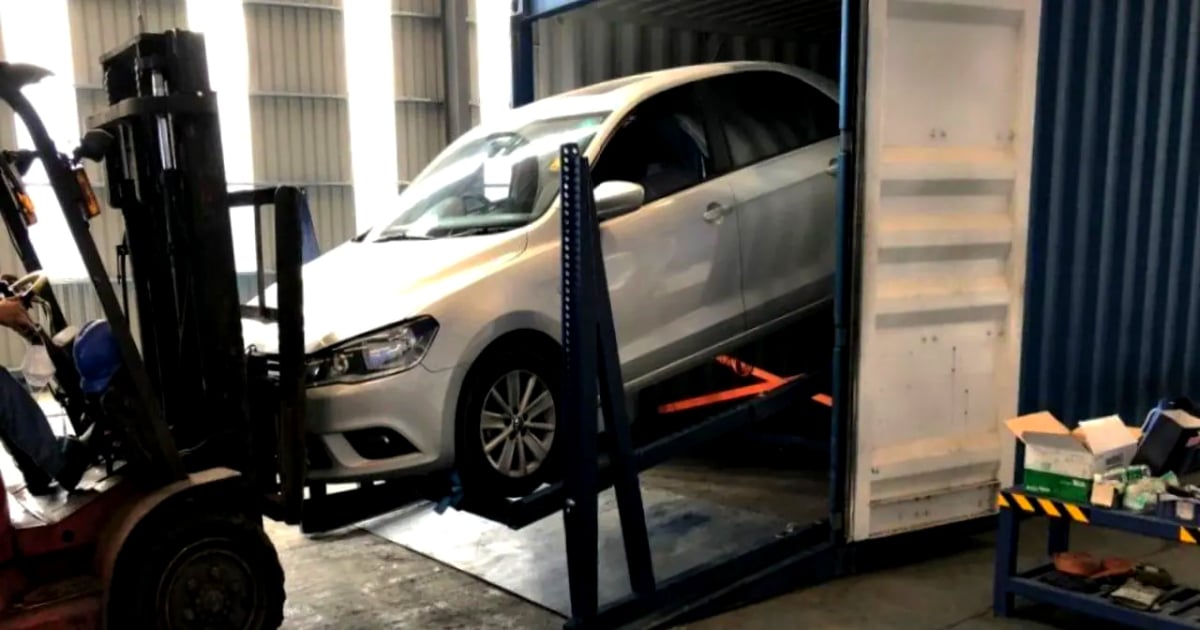
Related videos:
The recent measures adopted by the Cuban regime for the importation of vehicles have raised concern among car export agencies located in Miami.
The regulation, which came into effect on January 1, could exclude these companies from the market, many of which have operated with licenses to send cars to Cuba since 2022, according to Martí Noticias.
The new regulation requires export agencies to present an official authorization from the vehicle manufacturer, ensuring technical support and supply of spare parts. This measure, published in the Official Gazette, has been interpreted as an attempt to complicate imports from the United States.
A representative from an agency in Miami, who preferred to remain anonymous, characterized the measure as a "legal formula to complicate car imports." According to him, major brands like Toyota, Chevrolet, or Tesla do not issue such letters for shipments to Cuba, which hinders the operation.
Impact on agencies and micro, small, and medium enterprises (Mipymes)
Currently, agencies have suspended shipments of vehicles for individuals while they analyze the new regulations.
However, they continue to send cars to private businesses (Mipymes), which still maintain some flexibility in procedures. Nevertheless, several agencies have chosen not to promote these services on social media, creating uncertainty among clients.
The Minister of Transport, Eduardo Rodríguez Dávila, recently published a list of the nine authorized companies to sell vehicles on the island.
Among them are state and mixed entities such as CIMEX and Servicios Automotores S.A. (SASA), many of which belong to the military conglomerate GAESA. These companies have historically monopolized the car market in Cuba, primarily importing vehicles for taxis, ambulances, and patrols.
Critiques and economic consequences
The economist Emilio Morales pointed out that these measures are part of a strategy to strengthen GAESA's financial control amid the economic crisis the country is facing.
According to Morales, the regime seeks to channel all possible income into state coffers, limiting the participation of other economic actors. "We are witnessing a radicalization of control at the worst moment of the multisystemic crisis," he stated to the mentioned media outlet.
In the first half of 2024, Cuba imported vehicles from the United States worth over 30 million dollars, resulting in significant revenue for the government. However, the new restrictions could drastically reduce these figures, impacting both Cuban entrepreneurs and the flow of income from Miami.
Although authorities promised in 2023 to facilitate the importation of vehicles for individuals, the current reality has generated dissatisfaction among the population and business owners. This situation could further worsen the already critical economic situation in the country, deepening social discontent.
Filed under: